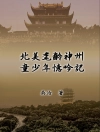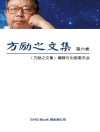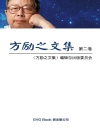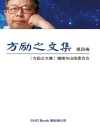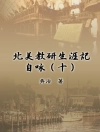A candid and intimate chapter in the life of a modern woman, Yvette Eastman’s vivid narrative also contributes richly to the life story of Theodore Dreiser. Dearest Wilding: A Memoir records the journey that took Yvette Szekely from an upper-middle-class scholar’s home in Budapest to the intellectual and artistic centers of urban America in the 1920s and 1930s.
In 1929 sixteen-year-old Yvette Szekely met Dreiser, who was fifty-eight at the time, and within a year he became her lover. Dreiser remained central to her life—as lover, father figure, and mentor—until his death in 1945. Her portrait of Dreiser, who is by no means idealized, is of a complex man—often troubled, suspicious, and jealous, but also caring and supportive.
The book is much more than an account of a sixteen-year relationship, however. It describes Eastman’s attempt to understand her bond with Dreiser, forcing her back to her childhood, to memories of her distinguished but distant father who remained in Hungary, and to the early experiences that made the aging Dreiser so important to her life. In an afterword, the author thoughtfully reflects on the patterns of love and loss that form part of her past.
Dearest Wilding is a valuable primary source in literary history and among the last documents from this era. One of the most important figures in the memoir is Max Eastman, whose early relationship with Yvette Szekely resulted in marriage years later.
As perhaps the last reminiscence of Dreiser and his circle that will ever appear, Dearest Wilding: A Memoir promises rewarding reading.
เกี่ยวกับผู้แต่ง
Yvette Eastman is a freelance writer and a resident of Martha’s Vineyard, Massachusetts and New York City. Thomas P. Riggio is Professor of English at the University of Connecticut and General Editor of the University of Pennsylvania Dreiser Edition.



